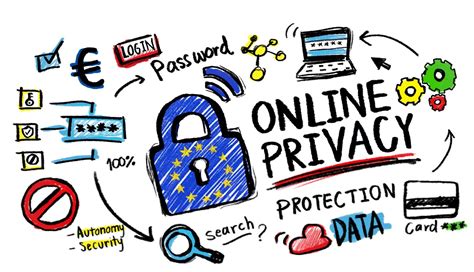In an era where border security agencies wield immense power over travelers, the need to safeguard digital privacy has become paramount. The case of an Australian man forced to hand over his phone passcode highlights the dilemmas faced by individuals at international borders. There is a growing trend among travelers to mitigate risks by adopting proactive measures such as traveling with wiped devices or utilizing burner phones.
One common approach suggested by users is backing up phone data to cloud storage before wiping the device clean prior to crossing a border. This preemptive strategy aims to limit the information accessible during security checks. However, concerns arise regarding the practicality of restoring apps and data post-border without risking exposure to border authorities.
The use of burner phones emerges as a popular alternative, enabling travelers to maintain communication while minimizing data exposure. Alongside burner phones, creating separate accounts for specific travel needs or employing encrypted backups for sensitive information are viable options. Such multi-layered security measures offer a balance between usability and data protection.
Authentication apps, a critical aspect of digital security, pose a unique challenge during border crossings. Solutions range from using encrypted backup systems for 2FA data to leveraging password managers for streamlined access. Balancing convenience with security, travelers navigate the complexities of authenticating transactions and account access post-border.
Moreover, the legal landscape surrounding border searches and digital privacy remains ambiguous, with various countries having distinct laws governing data disclosure at entry points. Australia’s stringent regulations, coupled with the absence of a national bill of rights, present challenges for travelers seeking to protect their data. Navigating this intricate environment requires a blend of technical know-how and legal awareness.
As discussions evolve on duress passcodes, device wiping tactics, and airport surveillance technologies, travelers must adapt their digital hygiene practices to meet the evolving demands of border security. The intersection of personal privacy, surveillance concerns, and governmental authority underscores the complexities inherent in international travel. By staying informed and exploring diverse protective measures, individuals can enhance their digital resilience in an increasingly monitored world.
In summary, the convergence of technology and security at border checkpoints underscores the importance of proactive data protection measures for modern travelers. From burner phones to encrypted backups, each strategy offers a unique perspective on preserving digital privacy amidst heightened scrutiny. As global travel norms continue to evolve, a nuanced understanding of digital security practices becomes crucial for safeguarding personal information in a digitally connected world.


Leave a Reply